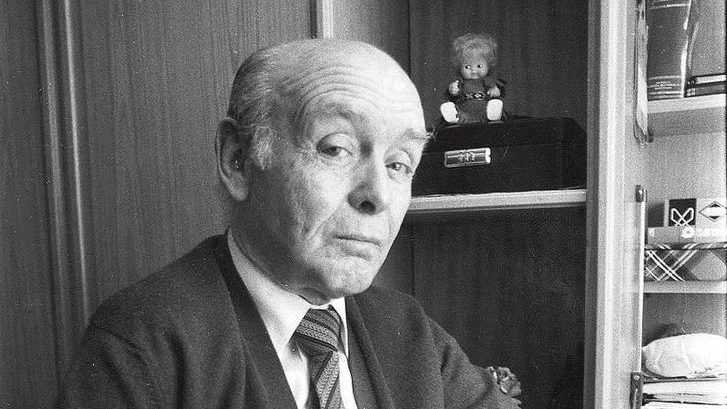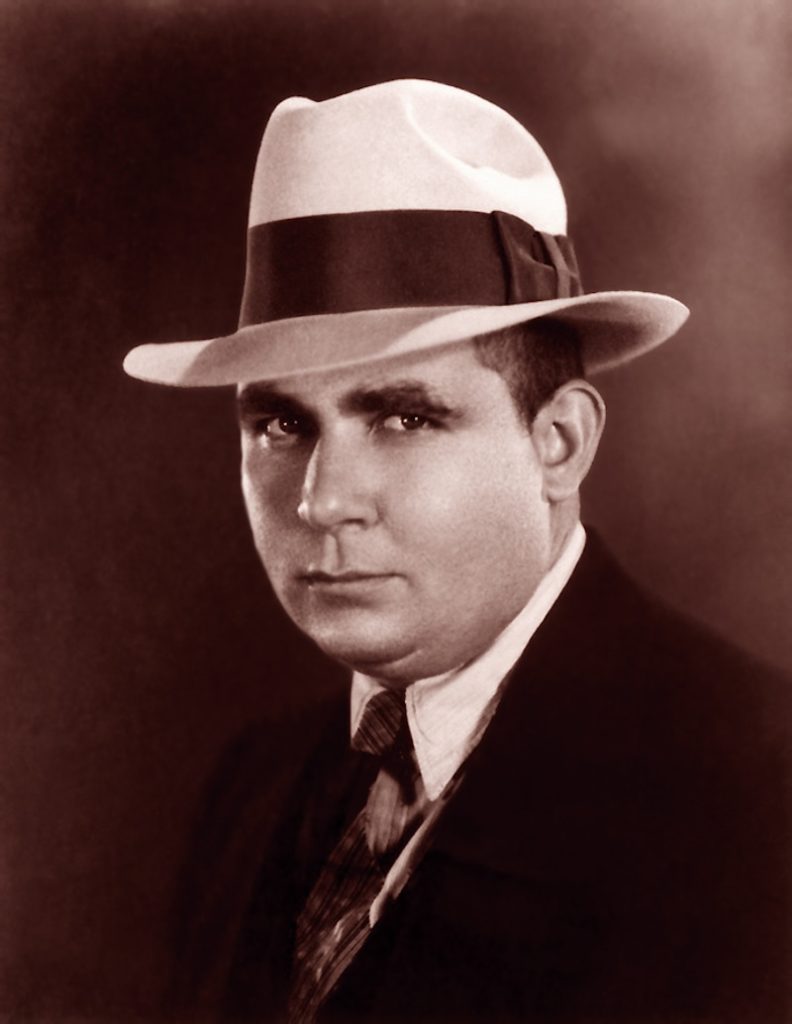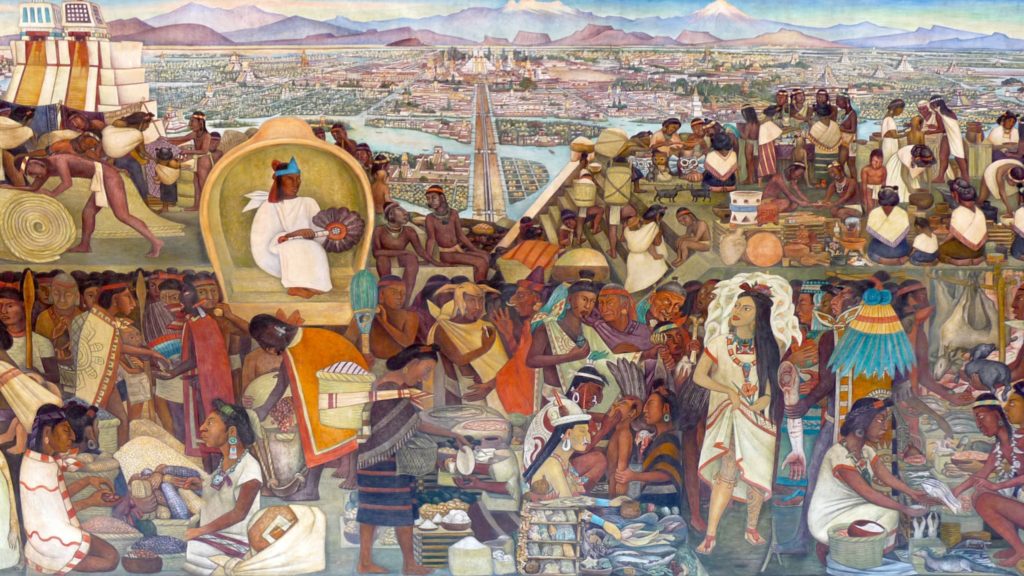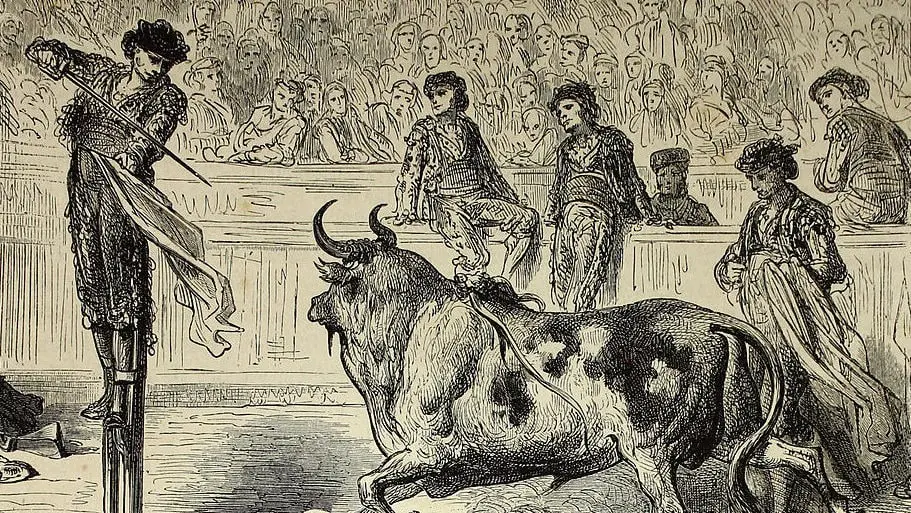
As a work of serial military fabulism, Ezquerra’s book is an interesting cultural artifact. I laughed more than once at the author’s sheer gall, but Ezquerra himself is an unpleasant figure. A literary liar is bad enough; a Nazi literary liar seems even more obscene.

Fr. Bryan Houghton has an enduring message, which remains relevant for the Church and for society in the West today: “tradition is not nostalgia for the past but precisely the transmission of one’s inheritance to the future.”

Howard, the writers who influenced him, and many of those that came after in the same heroic vein seem more outside the pale of literary respectability than they would have been a century ago. It is not just the artificial divide between Literature with a capital L and popular genre fiction, or the modern disdain for the writers of the past. The even greater divide is between unironically portraying heroism in the West and despising it and deconstructing it in order to bring about its demise.

This new book by a senior lecturer at the University of St. Andrews is a bracing, short but expansive, study of poetic expressions of the fall of two fabled civilizations.

Ostensibly about bullfighting, it is actually the greatest book published by a foreigner about the city of Seville and one of the great books on Spain.

It is almost as if Don Simon Jubani was prepared to be a political prisoner. His collaborators and admirers describe him as “a nut with a hard shell,” “tough,” “passionate for the truth,” “uncompromising,” “provocative and justice-seeking,” and “highly intelligent though impatient.” He was an athletic priest (a former soccer star) who ministered to five mountainous rural parishes in the Mirdita region before he was arrested in 1963. The toughness comes across in print.

Canadian-Lebanese writer Nader Moumneh’s 2018 book fills a useful niche in that it is a sympathetic and detailed overview of the main Lebanese Christian military-political formation born during the Lebanese Civil War, a formation that became a leading Lebanese nationalist political party after the war ended.

Vox is not against Europe but is in favor of truly sovereign states within the framework of Europe. It will stand with others against the intolerant “European Taliban” of the Left: “We will reconstruct what they destroy and rebuild what they demolish.”

The politically successful VOX is such a new beast that its full story is yet to be written, particularly in English. Thus, any attempt to understand it is a welcome contribution.